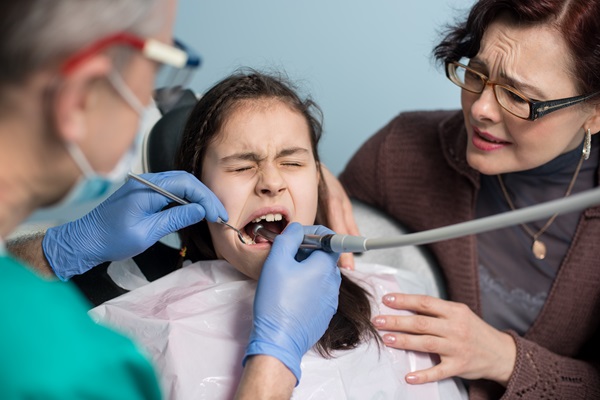Find Your Perfect Smile!
At Amana Dental, we aim to provide you and your family with the very best dental health care.

Teeth problems can happen suddenly and at any time. When this happens, it’s important to have a dentist who can help you right away. Emergency dentistry services in Orland Park are there to quickly take care of you and make sure your mouth stays healthy and you feel better.
Schedule routine dental check-ups every six months with your dentist. These appointments are crucial for the early detection of potential issues, allowing for timely intervention before they escalate into emergencies.
Resist the temptation to use your teeth as tools for tasks such as opening packages or cracking nuts. This can lead to chipped or broken teeth and increase the risk of dental emergencies. Keep appropriate tools handy for these tasks.
If you participate in sports or activities with potential dental risks, consider wearing a custom-fitted mouthguard. This simple device provides a protective barrier, reducing the likelihood of dental injuries during physical activities.
Brush your teeth at least twice a day using fluoride toothpaste. Ensure that you reach all surfaces of your teeth and gums to remove plaque and prevent cavities. Additionally, flossing once a day helps eliminate plaque and debris between teeth, contributing to overall oral health.
Be conscious of your dietary choices, as certain foods can pose a risk to your dental health. Avoid hard candies and brittle foods that can cause tooth fractures or damage dental work. Instead, opt for tooth-friendly snacks like crunchy vegetables, cheese, or nuts.
When something goes wrong with your teeth and you need quick help, it can be scary. But don’t worry. These simple steps are taken when you have a dental emergency. It’s like having a map to help you through it, so you can feel more confident and get the help you need fast.
Begin by carefully evaluating the nature and severity of the dental issue. Identify if it’s a knocked-out tooth, severe pain, broken restoration, or any other urgent problem.
Immediately reach out to your dentist for professional guidance. Explain the situation and follow their advice. They may provide instructions on immediate actions to take or schedule an emergency appointment.
If a tooth is knocked out, hold it by the crown (the top part), avoiding contact with the root. Attempt to gently place it back into the socket. If this isn’t possible, store it in a container with milk or your saliva and get to the dentist as quickly as possible.
Over-the-counter pain relievers, such as acetaminophen or ibuprofen, can help alleviate discomfort. Applying a cold compress to the affected area can also reduce swelling and numb the pain.
Rinse your mouth gently with warm water to clean the area. If there is bleeding, apply gentle pressure with clean gauze or a cotton ball to control it. If bleeding persists, contact your dentist.
For lost fillings or crowns, dental wax or temporary filling material, available at most pharmacies, can be used as a short-term solution to protect the affected tooth until you see your dentist.
Refrain from attempting major dental procedures at home, such as re-cementing a crown or extracting a tooth. These actions can cause further damage and complicate professional repairs.
Dealing with a dental emergency depends on the type of problem you’re facing. Here are some common types and what you can do:
Preventing dental emergencies is essential for maintaining oral health. Here are some simple tips to avoid unexpected dental issues:

Copyright © Amana Dental 2024
Designed By StarsTechGroup.com